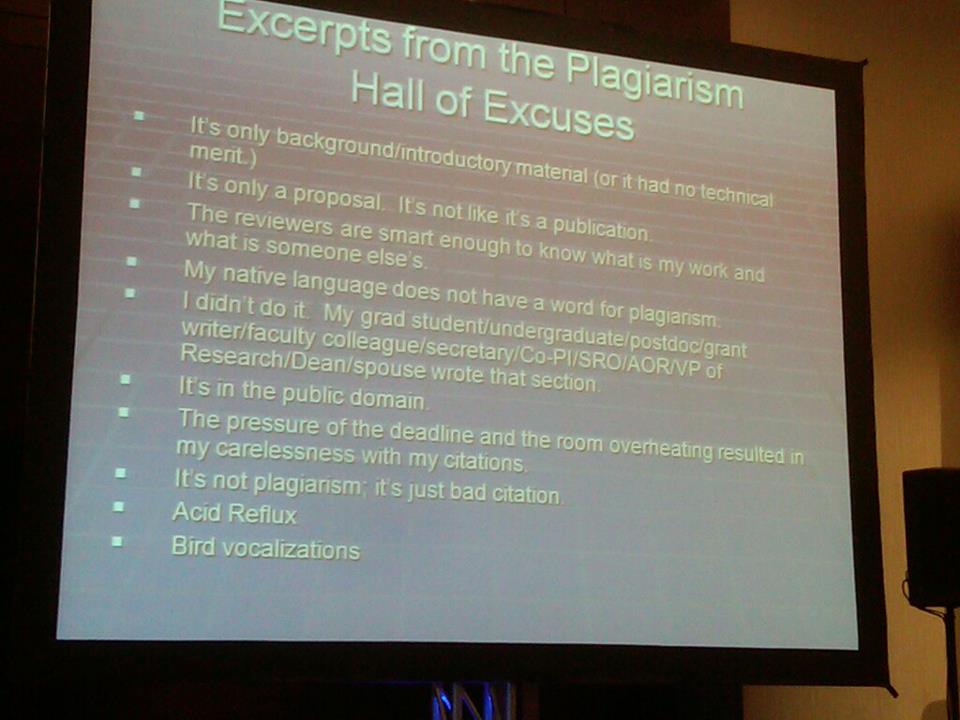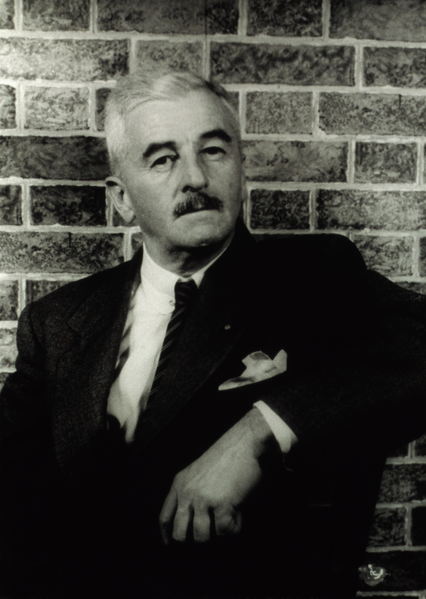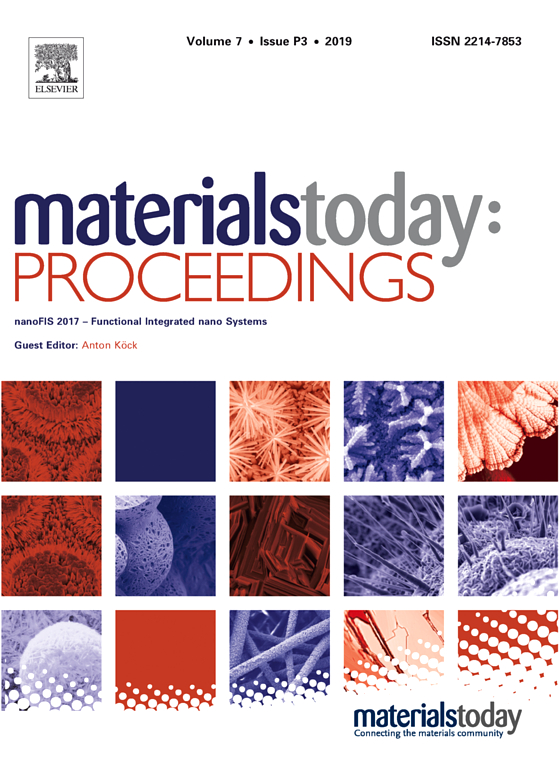 According to the internet, Bear Grylls, the TV survivalist, said he “was always brought up to have a cup of tea at halfway up a rock face.” Which sounds too cute to be true and, given Grylls’ history of, um, buffing the hard edges of reality, almost certainly isn’t.
According to the internet, Bear Grylls, the TV survivalist, said he “was always brought up to have a cup of tea at halfway up a rock face.” Which sounds too cute to be true and, given Grylls’ history of, um, buffing the hard edges of reality, almost certainly isn’t.
But Grylls appears to be far from alone in his tea hyperbole. A group of researchers in India has lost their 2011 paper in PLoS ONE on the synergistic effects of black tea and resveratrol — the compound in red wine touted as a fountain of youth — on skin cancer for what (if we’re allowed to read the tea leaves) amounts to a cuppa apparent data fabrication.
Weak tea, indeed. And in mice, we should note, in a nod to “data thug” James Heathers’ most recent venture. Continue reading Maybe combining red wine and tea doesn’t kill tumors after all




 The stars did not align for a 2016 paper ancient astronomy in the Amazon region after the author discovered errors in his work that the journal deemed fatal to the case, although the author has objected to the retraction.
The stars did not align for a 2016 paper ancient astronomy in the Amazon region after the author discovered errors in his work that the journal deemed fatal to the case, although the author has objected to the retraction. 


